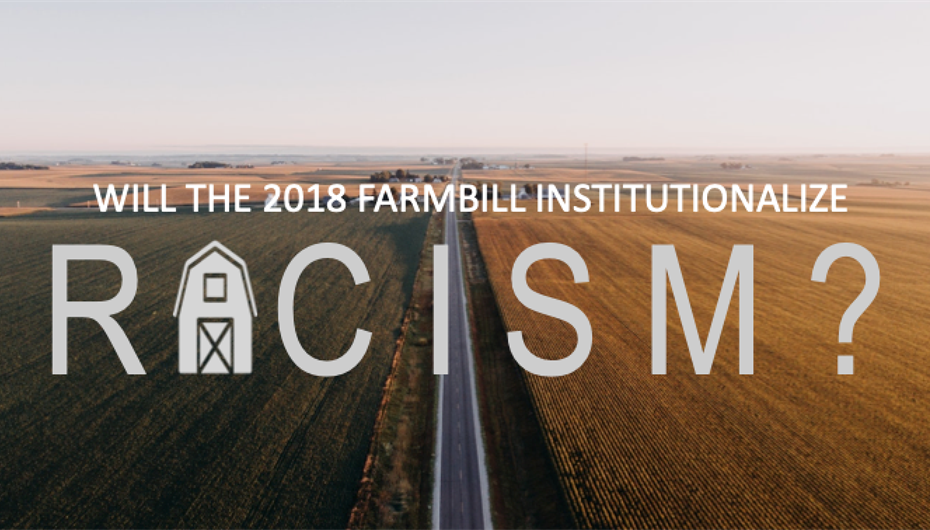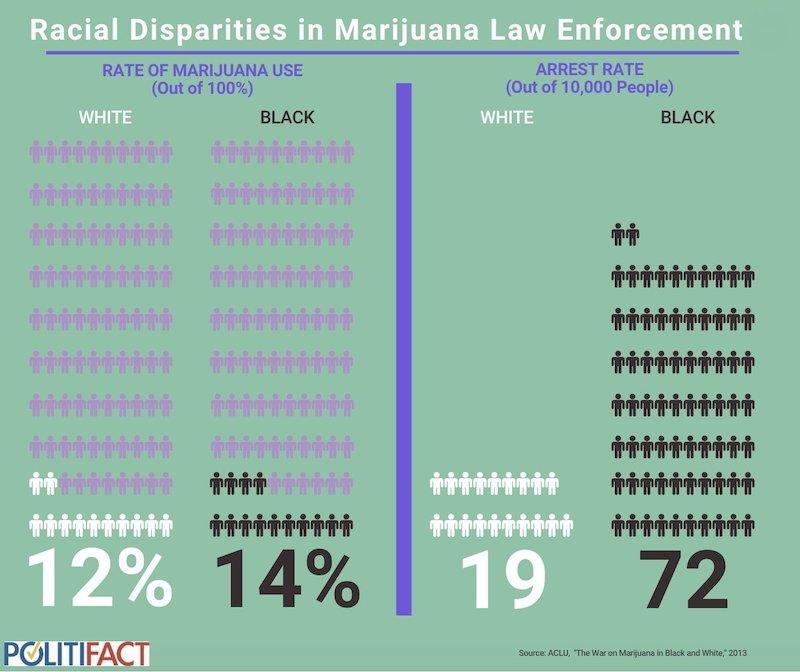Lawmakers seem ready to consider the “Agriculture Improvement Act of 2018,” more commonly known as the “Farm Bill.” It contains much needed support for farmers reeling from effects of climate related changes and a trade war. It could pass as early as next week and be on the President’s desk for signature before Christmas. While the full text of the Farm Bill has yet to be released (latest markup is here), a major provision of the bill will be to make hemp legal.
Senate Majority Leader Mitch McConnell introduced the Amendment to make hemp legal and has gone on record to guarantee that his proposal - to make hemp a legal agricultural commodity, removing it from the federal list of controlled substances - will be part of the final farm bill.
Hemp, a cannabis plant, is currently a Schedule 1 controlled substance but does not contain tetrahydrocannabinol or THC. There are 1,242 pages of text in the draft bill, so here’s the relevant part describing hemp:
“(1) HEMP.—The term ‘hemp’ means the plant Cannabis sativa L. and any part of that plant, including the seeds thereof and all derivatives, extracts, cannabinoids, isomers, acids, salts, and salts of isomers, whether growing or not, with a delta-9 tetrahydrocannabinol concentration of not more than 0.3 percent on a dry weight basis.
In other words, hemp is the type of cannabis plant that won’t get you high. Hemp may have over 50,000 uses, such as fiber, food and animal food, pharmacology products, construction materials, and in cosmetics and beauty products. Hemp sails and ropes are said to have carried the European settlers to America from 1492 until the early 1800's. According to the Smithsonian, founder fathers George Washington, John Adams, and Thomas Jefferson were all hemp farmers. Legalization will create many new jobs, tax revenues and new business opportunities.
US sales of industrial hemp products in 2016 were approximated at $700 million with estimated growth of 10-20% per year. For McConnell who faces re-election in 2020, the measure will be good for Kentucky and rural America everywhere. The legislation would also make hemp farmers eligible for federally subsidized crop insurance.
It all sounds great – America is getting back to it’s roots by ending prohibition on a non-dangerous, productive crop. However, there is -- what should be -- a fatal flaw in the Senator’s Amendment. The Farm Bill bans anyone convicted of a felony relating to a controlled substance from participating in the opportunity that legalization will bring. Again, from the draft text:
(B) FELONY.—Any person convicted of a felony relating to a controlled substance under State or Federal law shall be ineligible—
“(i) to participate in the program established under this section; and
“(ii) to produce hemp under any regulations or guidelines issued under section 297D(a).
It doesn’t ban ALL felons from participating in this new frontier of economic opportunity, just a class of felons related to controlled substances. You could be a child molester, rapist, murderer, or white-collar embezzler with a felony record and you get the green light to become a hemp producer. But if you’ve ever been convicted of a felony relating to controlled substances, you are banned for life. The prohibition is flawed in two major ways.
First, it makes no sense and is illogical on the face of it. Imagine for a moment that growing purple potatoes were criminalized in 1937 and that anyone convicted of growing them thereafter became a felon and was penalized as such. Later, in 2018, lawmakers change course (“sorry, our bad”) and growing purple potatoes is considered a good (and legal) thing to do. “We’ll even make it eligible for federally subsidized crop insurance,” they say. However, if you were caught and convicted of a related felony between 1937 and 2018, you get shut out. The hypocrisy is outrageous.
There are advocacy groups working to convince lawmakers at this 11th hour to remove this provision and it remains to be seen if they will be successful. However, they could go one step further and argue that NOT ONLY should such a class be eligible to benefit from legalization, but the criminal records of these felons should be expunged and they should be entitled to some reparations (perhaps derived from the economic benefits that many others will soon reap).
Second, the felony clause will have a disproportionate impact on people of color and will create an arbitrary barrier to entry. All races use and sell controlled substances at about the same rate. However, blacks and Latinos are about 4x more likely to be arrested and convicted on charges related to controlled substances. As a group, convicted felons already face barriers to employment and opportunity and since these convictions disproportionately affect people of color, the application of this ban will enshrine into law a racist barrier to opportunity that will further push groups to the margins and deny opportunity to whole classes of citizens.
America is at its best when everyone has the opportunity to participate in the frontier of a new industry and industries are their strongest when the talents of all Americans can be utilized. The Farm Bill has many provisions with merit and some lawmakers may state that we don’t want the perfect to be the enemy of the good. However, permanently closing doors to economic opportunity -- based on factors that translate into racial differences -- is Un-American and as the House and Senate go into the final inning to work out a compromise on the final text of the Farm Bill, let’s hope they don’t compromise on core American principles.
Register for FREE to comment or continue reading this article. Already registered? Login here.
1






